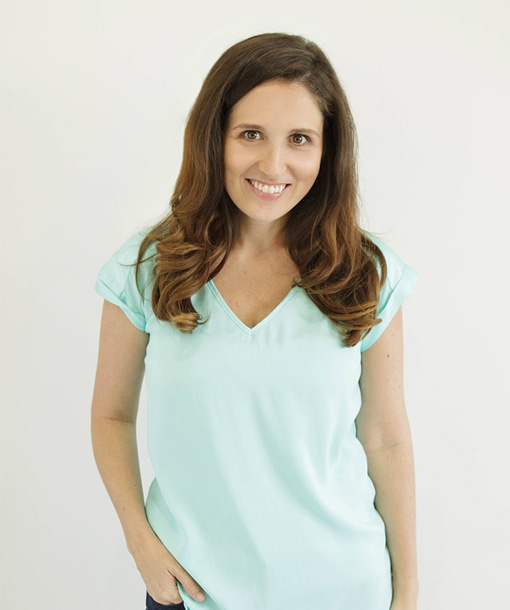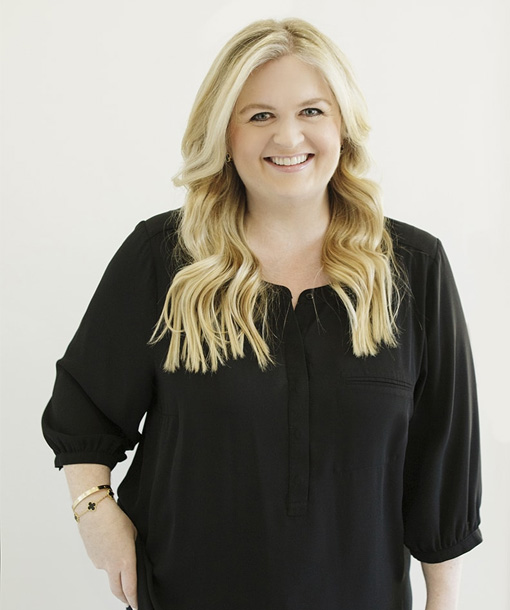Do you remember your first two months of life? Of course, you probably remember absolutely nothing from that time, but in surprising ways your brain holds onto some “memories” from that crucial period. A newborn’s brain is developing constantly right after birth, in ways that researchers are still learning about. But it’s become clearer over decades of study that even in those days when a baby is just getting to know the world around them, they are forming associations with positive and negative experiences that may have effects throughout the rest of their lives.
How a Baby’s Brain Develops
Dr. Bruce D. Perry has been studying children’s mental health and psychology for more than 30 years and recently wrote a book (with Oprah Winfrey herself) called What Happened to You?: Conversations on Trauma, Resilience, and Healing about just how critical those early childhood years are in influencing who we grow up to be. As they explain it, our brains might be compared to a layer cake. All of the layers are interconnected, but everything we experience first goes through the brain stem, the “lizard” part of the brain that controls basic functions like temperature regulation. It also acts and feels in response to sensory inputs like sight, smell, and touch before “higher” levels of the brain–like the cortex—think and understand what sensory inputs might mean.
“The brain develops sequentially, from the bottom up and the inside out, from the basic functions of the brainstem to the complex achievements of the cortex,” Perry writes in What Happened to You?. “In a young child, the cortex is not yet fully developed… However, in lower areas of the brain, other neural networks are processing—and changing as a result of—our earliest experience.” And this is happening at an amazing speed. During pregnancy, a child develops up to 20,000 new neurons each second (an adult, in comparison, might develop 700 “on a good day”). So while a baby may not exactly be able to make sense of the world around them the way that we can, they are very sensitive to external senses like sights, sounds, and tone of voice, as well as internal sensory systems that tell them they’re thirsty or hungry, for example.
How Negative Experiences Impact Babies
Dr. Perry’s work often focuses on the impacts of negative experiences and neglect in early childhood. His studies have found that these kinds of experiences can stick with a person even through adulthood. Very traumatic experiences like abuse or extreme neglect, he has written, can have serious impacts on a child’s social and emotional development. Remember how sensitive babies are to the sensory information around them: “Moment by moment in early life, our developing brain sorts and stores our personal experiences, making our personal ‘codebook’ that helps us interpret the world,” writes Perry. Being around conflict or other stressors can have powerful negative effects on that “worldview.” And that can be associated with long-term outcomes like increased risk of heart disease, mental health challenges, and substance abuse. Those who have adverse experiences, particularly in the first two months of life have worse outcomes even after moving to a healthier environment than kids who had a good two months of life. Trauma in the first years of life, as Oprah puts it in What Happened to You? “can have a deeper impact on your brain than when you actually do have the words to explain it.”
How Positive Experiences Impact Babies
There is a positive flip side to these heartbreaking studies, and it all starts with a term you have probably heard a lot about: attachment, or the development of healthy relationships and social/emotional development through bonding. Just as a lack of attention, support, and positive experiences early in life can have negative effects on a child’s development, having lots of quality bonding time with caregivers in the early months sets the stage for healthy development. Consistently interacting with and responding to an infant’s needs is critical. “There are critical periods during which bonding experiences must be present for the brain systems responsible for attachment to develop normally,” Perry writes. “These critical periods appear to be in the first year of life, and are related to the capacity of the infant and caregiver to develop a positive interactive relationship.”
How a Newborn Care Specialist Can Help
Newborn care specialists are amazing professionals to have on your team in the early months of a baby’s life, and not only because they can help parents learn the ins and outs of childcare and give them much-needed breaks. A great NCS works with parents to ensure that the little one’s needs are being met and they have plenty of quality time with their parents and an additional nurturing figure! With the support of an NCS, parents can learn even more about the best ways to bond with their child and ensure they’re addressing their needs properly, providing the most positive environment possible for their newborn during those exciting and important first few months.





